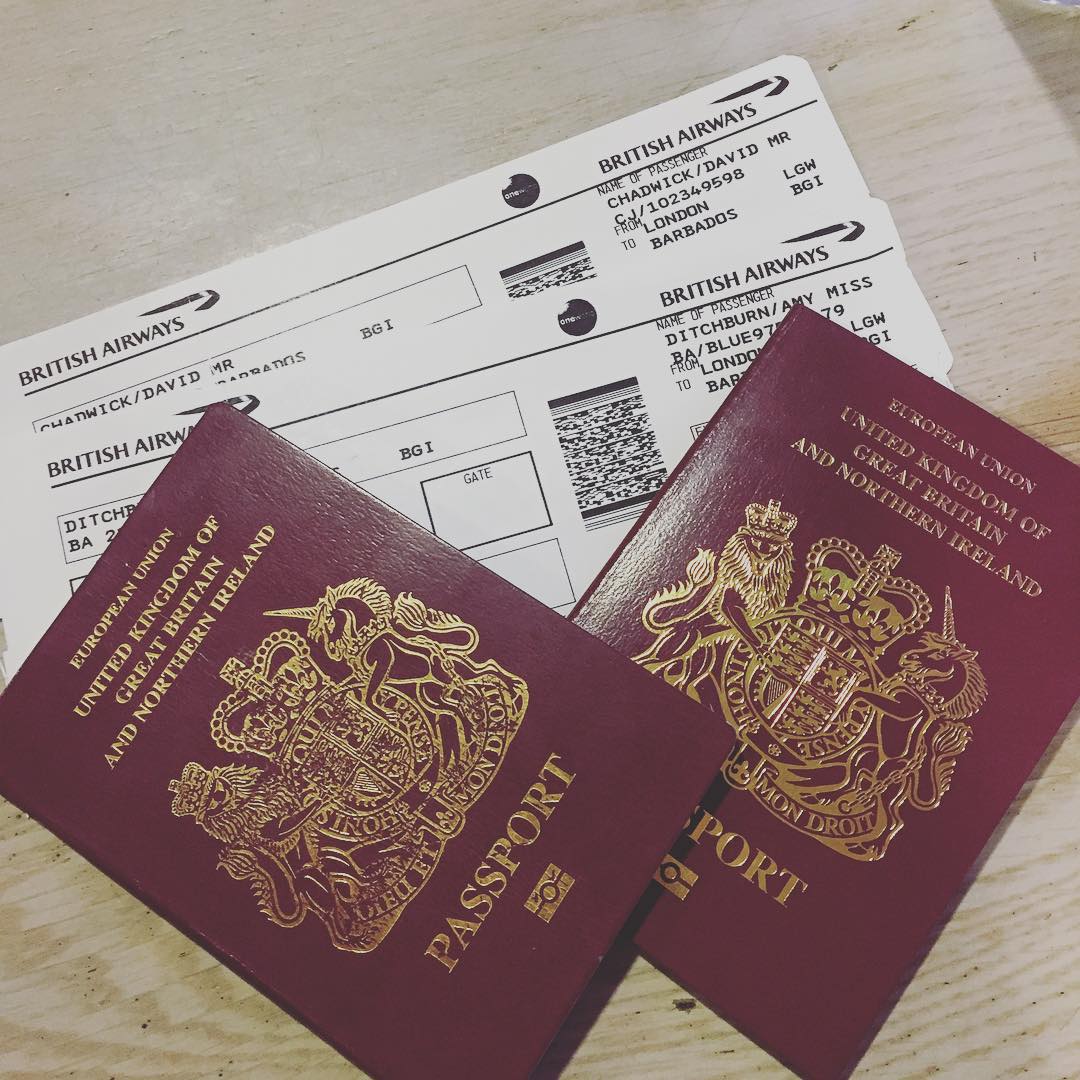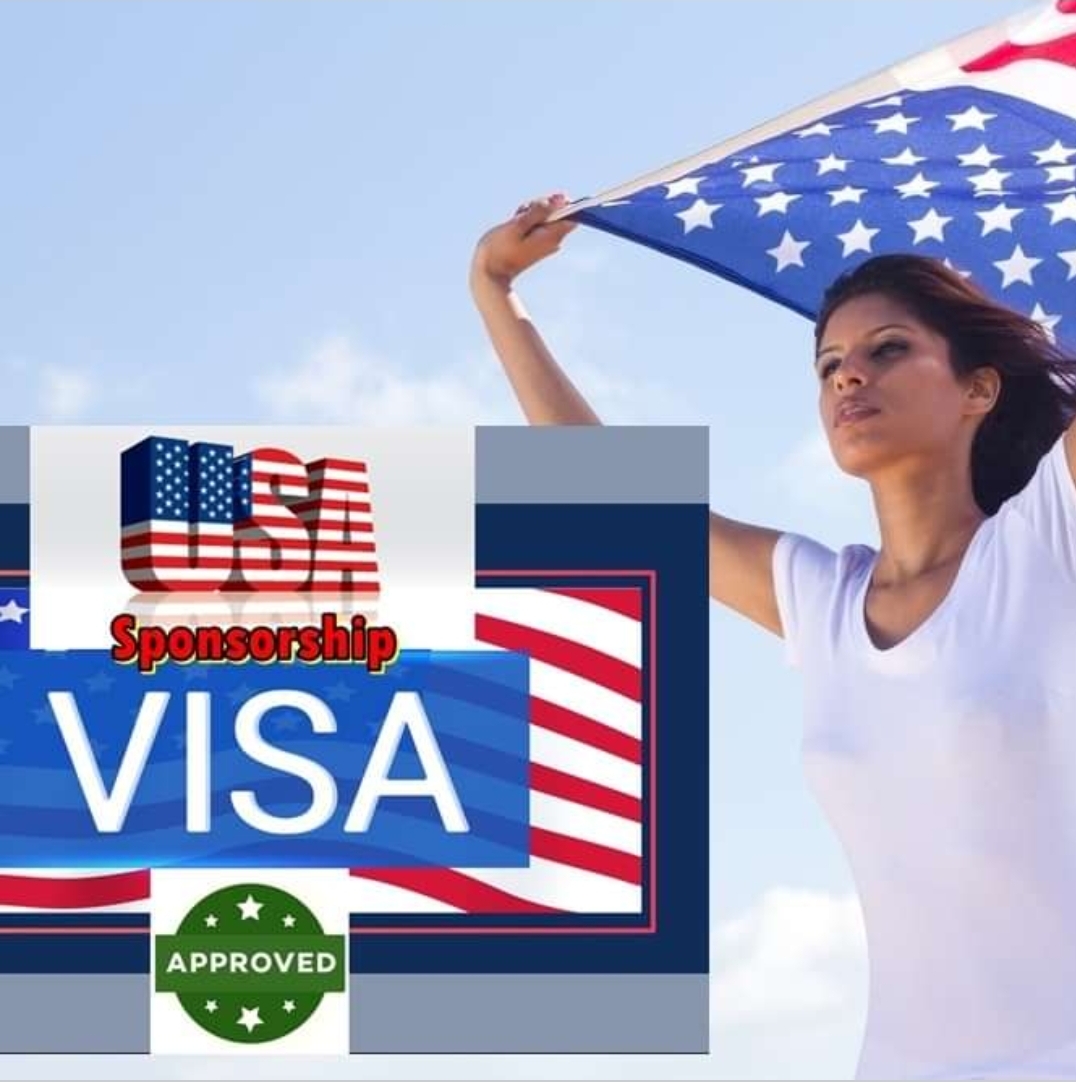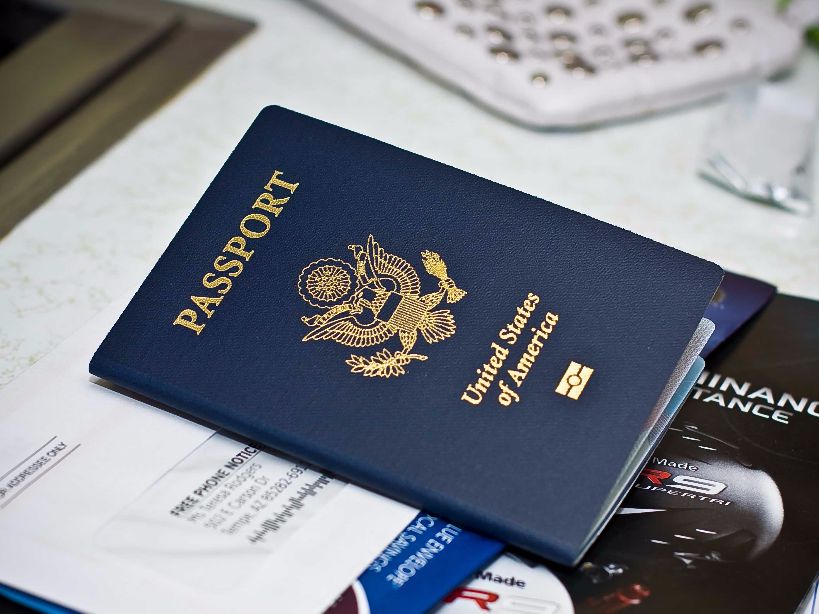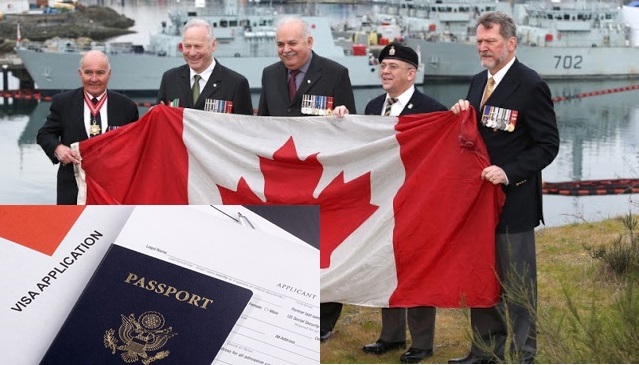Who Can Sponsor Me In Canada?
Canada is known for its welcoming attitude towards immigrants, offering various pathways for individuals seeking to relocate to the country. One of the most common ways to immigrate to Canada is through sponsorship. Canadian citizens and permanent residents can sponsor their family members, relatives, or loved ones to come and live with them in Canada. However, navigating the sponsorship process can be complex, and understanding who can sponsor you is crucial. In this article, we will explore the eligibility criteria for sponsors in Canada and provide insights into the sponsorship process.
What is Sponsorship in Canada?
Sponsorship in Canada refers to the process where a Canadian citizen or permanent resident agrees to support and take responsibility for the basic needs of a family member or relative who wishes to immigrate to Canada. The sponsor commits to providing financial support, including food, shelter, and clothing, for the sponsored individual.
Types of Sponsorship
There are different types of sponsorship programs available in Canada, each catering to specific categories of individuals. These include:
Spousal Sponsorship
Canadian citizens and permanent residents can sponsor their spouses or common-law partners to live with them in Canada. Spousal sponsorship is one of the most common pathways for family reunification in Canada.
Parent and Grandparent Sponsorship
Canadian citizens and permanent residents can also sponsor their parents and grandparents to immigrate to Canada under the Parent and Grandparent Program (PGP). However, this program has a limited intake and operates through invitation rounds.
Dependent Child Sponsorship
Parents who are Canadian citizens or permanent residents can sponsor their dependent children to come and live with them in Canada. This includes biological children, adopted children, and stepchildren.
Other Family Members
In certain circumstances, Canadian citizens and permanent residents may be eligible to sponsor other family members, such as siblings, nephews, nieces, or grandchildren. However, sponsorship of these relatives is subject to specific eligibility criteria and requirements.
Eligibility Criteria for Sponsors
To sponsor a family member or relative to Canada, sponsors must meet certain eligibility criteria set by Immigration, Refugees, and Citizenship Canada (IRCC). These criteria may vary depending on the type of sponsorship and the relationship between the sponsor and the sponsored individual. Some common eligibility requirements for sponsors include:
- Age: Sponsors must be at least 18 years old to be eligible to sponsor a family member to Canada.
- Citizenship or Permanent Residency: Sponsors must be Canadian citizens or permanent residents living in Canada to sponsor a family member.
- Financial Ability: Sponsors must demonstrate that they have sufficient income to support the sponsored individual financially. They may need to meet specific income thresholds set by IRCC based on family size.
- No Criminal Record: Sponsors must have a clean criminal record and be in good standing with the law enforcement authorities.
- Agreement to Support: Sponsors must sign an undertaking agreement with IRCC, pledging to provide financial support and basic needs to the sponsored individual for a specified period.
- Not Receiving Social Assistance: Sponsors must not be receiving social assistance from the government, except for disability-related benefits.
- Meeting Relationship Requirements: Sponsors must prove their relationship with the sponsored individual and provide evidence of their familial ties, such as marriage certificates, birth certificates, or adoption papers.
The Sponsorship Process
The sponsorship process in Canada typically involves several steps, including:
- Eligibility Assessment: Both the sponsor and the sponsored individual must meet the eligibility criteria set by IRCC. This includes completing application forms, providing supporting documents, and paying the required fees.
- Submission of Application: Once the eligibility criteria are met, the sponsor submits the sponsorship application along with the necessary documents to IRCC.
- Processing Time: IRCC assesses the sponsorship application and verifies the information provided. Processing times may vary depending on the type of sponsorship and other factors such as the volume of applications received.
- Medical and Criminal Checks: The sponsored individual may be required to undergo medical examinations and provide police clearance certificates as part of the application process.
- Approval and Issuance of Visa: If the sponsorship application is approved, the sponsored individual receives a visa or permanent resident status, allowing them to live and work in Canada.
- Conditional Permanent Residence: In some cases, sponsored spouses or partners may be granted conditional permanent residence, which requires them to live with their sponsor for a specified period before obtaining full permanent resident status.
FAQs on Who Can Sponsor Me in Canada
Who is eligible to sponsor a family member or relative to Canada?
Canadian citizens and permanent residents living in Canada are eligible to sponsor certain family members or relatives to immigrate to the country. The relationship between the sponsor and the sponsored individual determines the eligibility for sponsorship. Commonly sponsored individuals include spouses, common-law partners, dependent children, parents, and grandparents.
Can a temporary resident in Canada sponsor a family member or relative?
No, individuals with temporary resident status in Canada, such as visitors, students, or temporary workers, are not eligible to sponsor family members or relatives for permanent residency. Only Canadian citizens and permanent residents who are residing in Canada can sponsor family members for immigration purposes.
3. Are there any financial requirements for sponsors in Canada?
Yes, sponsors in Canada are required to demonstrate that they have sufficient income to support the basic needs of the sponsored individual. This includes providing financial support for food, shelter, clothing, and other necessities. Sponsors may need to meet specific income thresholds set by Immigration, Refugees, and Citizenship Canada (IRCC) based on family size and composition.
4. Can a sponsored individual work or study in Canada?
Yes, sponsored individuals who are granted permanent resident status in Canada are generally allowed to work, study, and access social services in the country. They have the same rights and privileges as other permanent residents, including access to healthcare and education. However, individuals with conditional permanent residence may have restrictions on their ability to work or study until they fulfill the conditions of their residency.
Conclusion
Sponsorship offers a valuable opportunity for family reunification and immigration to Canada. Whether you are seeking to sponsor a spouse, parent, child, or other family member, understanding the eligibility criteria and the sponsorship process is essential. By meeting the requirements set by IRCC and providing accurate documentation, sponsors can help their loved ones fulfill their dreams of living in Canada. However, navigating the sponsorship process can be complex, and seeking guidance from immigration professionals or legal experts can be beneficial in ensuring a successful sponsorship application.






